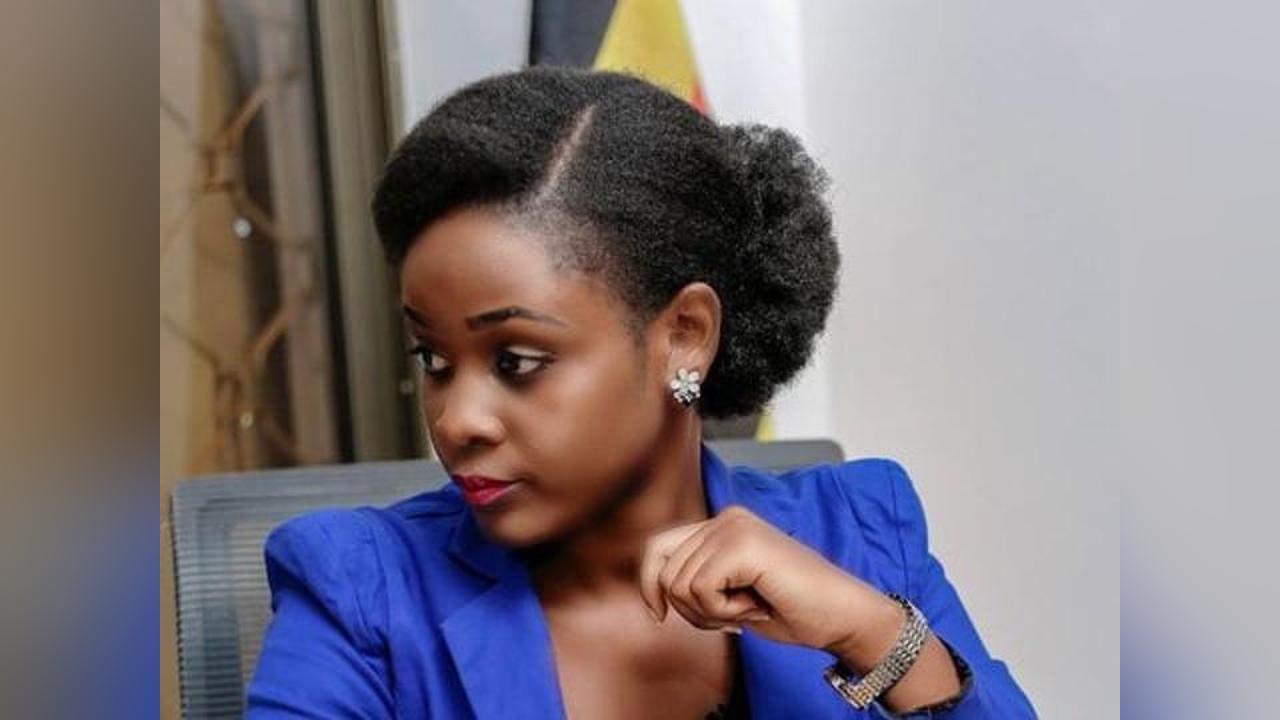Africa-Press – Uganda. For the first time in decades, Butembe County enters a parliamentary race with no clear frontrunner, no popular figure in contention, and no unified political base.
The man who would have been the de facto incumbent, David Livingstone Zijjan, has walked away from the very ground that gave him his only electoral victory—leaving the seat wide open and shaking up the historical loyalties that have long defined this NRM stronghold.
Since 1994, when the country flirted with electoral politics through the Constituent Assembly polls, Butembe has never strayed far from the ruling party’s grip.
The earliest contests featured political heavyweights like Faith Mwondha and Victoria Sekitoleko, but it was Daudi Migereko who sealed the seat in 1996, beginning a near two-decade reign as MP.
Migereko’s tenure ended in 2015 when Nelson Lufafa toppled him in the NRM primaries and captured the seat in the general elections. Migereko retired from elective politics.
But Lufafa’s rise would soon lead to his own undoing. During the highly contentious ‘Tojikwatako’ debate in Parliament—on whether to scrap the presidential age limit—Lufafa ignored his constituents’ plea and cast his vote with the ruling party.
His “aye” was a whisper in Parliament but a thunderclap in Butembe. Upon return, he was greeted not with celebration but with stones. The voters turned on him.
Lufafa fled Butembe and tried to reinvent himself in Jinja North, only to be crushed by political newcomer David Isa Agha in 2021.
Into that void stepped David Livingstone Zijjan, who had lost the NRM primaries to Jacob Kabondo but returned on an independent ticket. He narrowly defeated Kabondo by just 36 votes, an upset victory that some attributed more to the backlash against the party than to Zijjan’s personal appeal.
The National Unity Platform (NUP) candidate Maria Nnatabi Ledochowska came fourth in that grueling race in which perennial aspirant Grace Wanzala Kiirya of the Forum for Democratic Change came closest to tasting victory in third place, just 109 votes off the mark.
Butembe in 2021
David Livingstone Zijjan (Independent): 5,818
Jacob Kabondo (NRM): 5,782
Grace Wanzala Kiirya (FDC): 5,719
Maria Nnatabi Ledochowska (NUP): 2,502
George William Oroma (Independent): 260
Mary Kagoya (ANT): 166
Kenneth Mukulu Muwanika (Independent): 118
James Kyomya (Independent): 103
Now, just one term later, Zijjan is replicating Lufafa’s self-defeating playbook—abandoning Butembe to chase a seat in Jinja North, where electoral fortunes are far from guaranteed.
In doing so, he has sacrificed incumbency advantage and effectively torn open the field for anyone willing to fight for Butembe’s affection.
Not that anyone could blame Zijjan, who was largely an absentee MP and must have sensed his defeat in the offing if he has made it back to the same Constituency seeking their confidence vote.
Among those emerging from the vacuum is Maria Nnatabi. Born in Dumba Ward in Polota, her campaign has steadily extended its reach into Busedde, the remaining half of what used to be a larger Butembe before the 2015 administrative reorganisation that sliced it down to two sub-counties.
Nnatabi has appeared to join the NUP high table, attending major party events in Kampala and pulling NUP principal Robert Kyagulanyi, aka Bobi Wine, as well as the party’s Number Two in Joel Ssenyonyi to her events.
The sight of the pint-sized woman milling and whispering in the ears of Ssenyonyi or Bobi Wine at events is something that the voters in Butembe would see as “size”.
Her tribal ties could offer her an edge, especially in the areas that still feel historically disconnected from Jinja’s urban sprawl.
Nnatabi’s rise is further buoyed by the expanding reach of the National Unity Platform in Busoga, where disillusionment with NRM loyalty is no longer a quiet whisper but a steady hum.
The NRM, however, is not conceding the space. A crowd of aspirants is already forming to reclaim the party’s foothold. Jacob Kabondo, still sore from his narrow 2021 loss, is eyeing a comeback.
Kakira Town Council LC3 chairman Charles Sande Kabuule, who once fell short of the minimum education requirement, has reportedly attained the academic papers needed to qualify this time round.
Meanwhile, political debutant Shaban Okumu, son of a prominent Kakira sugarcane tycoon, is preparing to throw his hat into the primaries, offering a blend of youth, business lineage, and money that could reshape the race.
And while Kiirya will still fancy his chances, his FDC party has lost a lot of traction in Butembe, especially in the sugar estate of Kakira Sub-county.
Journeyman George William Oroma fancies his chances of springing up and upset having polished his tongue to a more convincing glib work.
But the fight within NRM may end up splintering its support base once again, especially if the primaries turn chaotic.
The risk is that Nnatabi, with her singular focus and absence of internal battles, could quietly cruise through the cracks left behind.
Butembe’s voters, once reliably yellow, are now unpredictable. They watched Lufafa fall by ignoring their voice. They backed Zijjan only to see him abandon the county.
Now, as the 2026 campaign season inches closer, they will be asking who truly wants to represent them—and who sees Butembe as a steppingstone to somewhere else.
History shows the seat doesn’t forgive betrayal. And for the first time in three decades, that history might be rewritten in red.
For More News And Analysis About Uganda Follow Africa-Press






